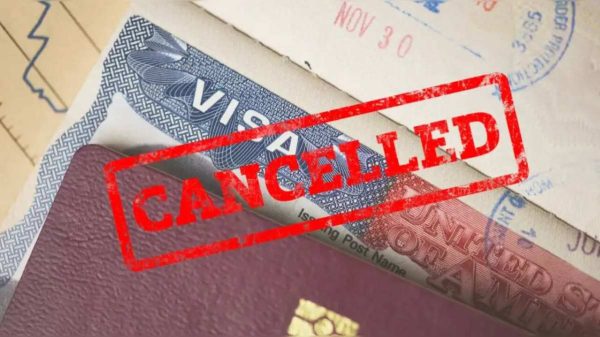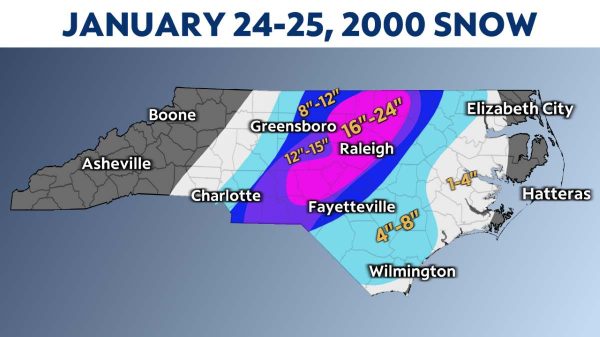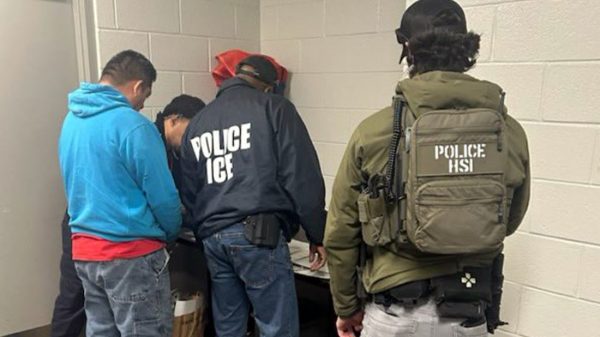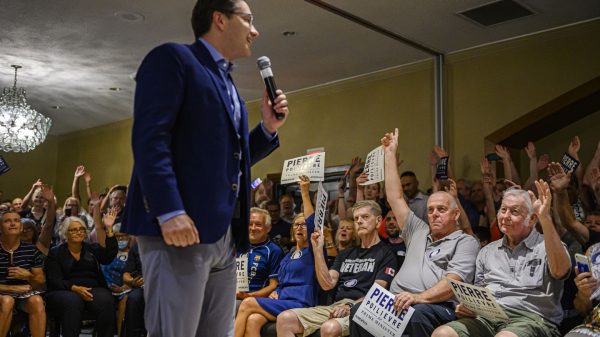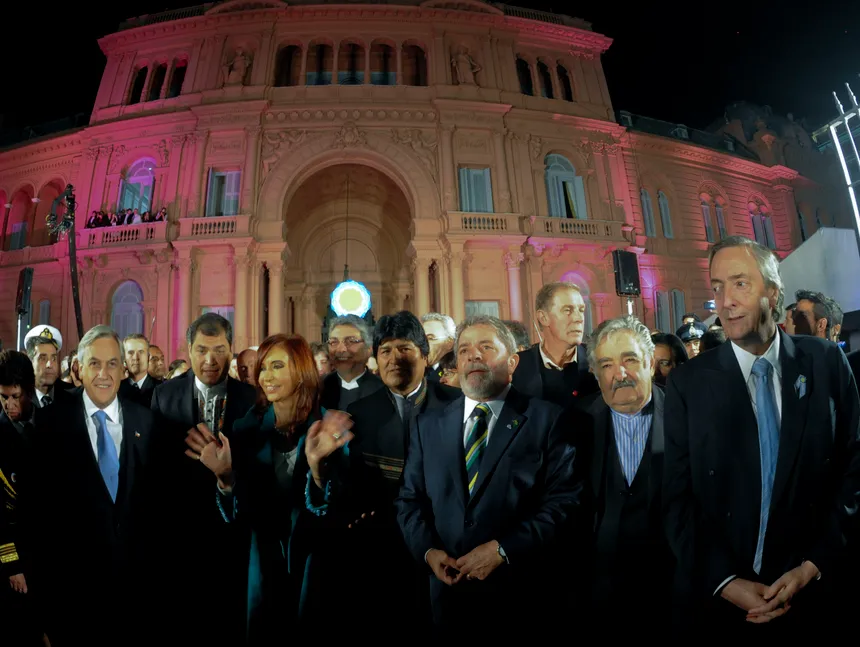The recent gathering of South American leaders in Brasilia, Brazil, marked a significant departure from the past as it brought together a majority of leftist and centrist leaders to revitalize regional cooperation in energy, crime-fighting, and the economy. This development comes after a nine-year hiatus since the Union of South American Nations (Unasur) imploded due to political polarization and other issues. The summit was seen as an opportunity for the leaders to address pressing issues affecting the region, such as energy, crime-fighting, and the economy, which continue to pose significant challenges for the region.
Brazilian President Luiz Inacio Lula da Silva emphasized the importance of forming a bloc to work together, stating, “The main idea is that we need to form a bloc to work together.” He also briefly broached the idea of introducing a regional currency to challenge the US dollar, but clarified that no decisions would be made during the summit. However, the meeting’s focus on cooperation was overshadowed by the presence of authoritarian President Nicolas Maduro of Venezuela, who has been at the center of a political crisis in his country.
The arrival of Maduro, whose country has been subject to human rights concerns and anti-democratic practices, caused some countries to boycott the meeting in protest. Brazil, for instance, withdrew from Unasur in 2019 over concerns about Venezuela’s human rights record and anti-democratic practices. Despite this, President da Silva saw President Maduro’s bilateral meeting with him as a “historic moment” for both countries, indicating a willingness to engage with authoritarian leaders.
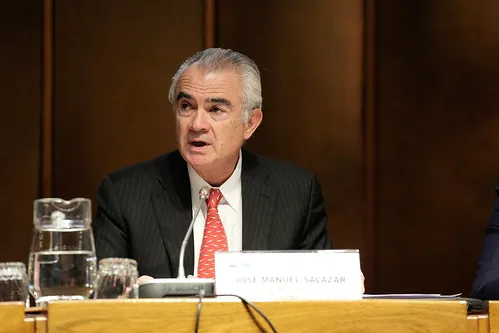
Regional Cooperation Revives in South America
The summit’s attendees represented a significant departure from the past, with few far-right leaders in attendance. Instead, the meeting was characterized by the presence of leftist and centrist leaders, who are looking to revive regional cooperation and address the region’s many challenges. The renewed effort at cooperation is seen as an opportunity for the leaders to work together and address issues such as energy, crime-fighting, and the economy, which continue to pose significant challenges for the region.
The outcome of the summit will depend on the ability of the leaders to put aside their differences and work towards a common goal, which is essential for the region’s economic and social development. While the meeting was seen as a significant shift in the region’s politics, it remains to be seen whether this renewed effort at cooperation will be successful in achieving lasting results. The presence of authoritarian leaders like Maduro will be closely watched to see if the region can indeed achieve lasting results through cooperation.
Throughout the meeting, the leaders’ focus on cooperation and addressing pressing issues was evident. The meeting was seen as an opportunity for the leaders to forge new partnerships and address longstanding issues affecting the region. With the shift in the ideological terrain of the region, it will be essential for the leaders to work together to achieve lasting results. The outcome of the summit will depend on the ability of the leaders to put aside their differences and work towards a common goal, which is essential for the regional cooperation.

